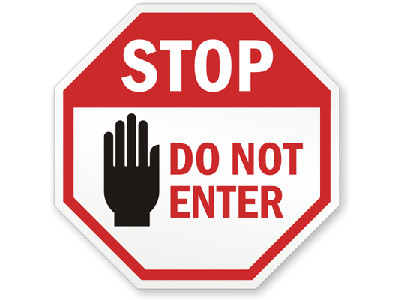Internet filters: They’re Not Just for Porn Anymore
 LONDON – Although the lion’s share of the uproar surrounding the UK’s experiment with mandatory internet filtering has gone to pornography, if Prime Minister David Cameron has his way, Brits also stand lose another favorite online vice: gambling.
LONDON – Although the lion’s share of the uproar surrounding the UK’s experiment with mandatory internet filtering has gone to pornography, if Prime Minister David Cameron has his way, Brits also stand lose another favorite online vice: gambling.
By the end of January, all internet service providers serving the UK must require new customers to choose between filtered and unfiltered internet access. The four biggest ISPs began enforcing the mandate sometime last year, with one—Sky Broadband—switching everyone, new or not, to filtered service Jan. 1 unless they specifically opted out of the filtering scheme.
According to Cameron, the filters are an effort to protect children from “corrosion of childhood” and loss of innocence. Cameron specifically pointed to pornography as his primary rationale for the regulations subsequently passed into law by Parliament.
As it turned out, though, the filters cut a wide swath, blocking not only porn, but also violent content, racially charged material and other themes branded “adults only.”
Including online gambling, which is legal in the UK as long as sites are licensed and taxed.
Only now are consumers who opted to install filters to protect their offspring from the evils of porn realizing they’ve also cut off their access to at least one leisure-time pursuit they enjoyed.
At the beginning of January, Sky and Virgin said they did not intend to block gambling sites, in keeping with a January 2014 industry-wide foot-planting about the matter.
“We do not believe that it is for ISPs to decide what content customers should access,” a TalkTalk representative said in January 2014. “It is really important that there is either a proper legal framework when it comes to blocking access to sites, just like with copyright infringement, or that is down to customer choice.”
Despite its brave words, TalkTalk, along with BT, will block gambling sites right along with porn by the end of the month.









